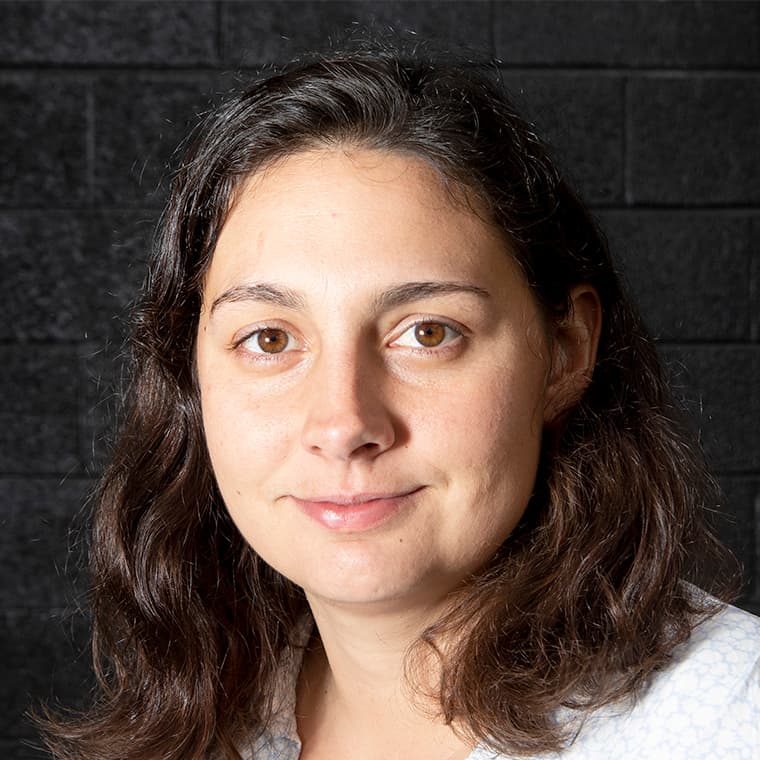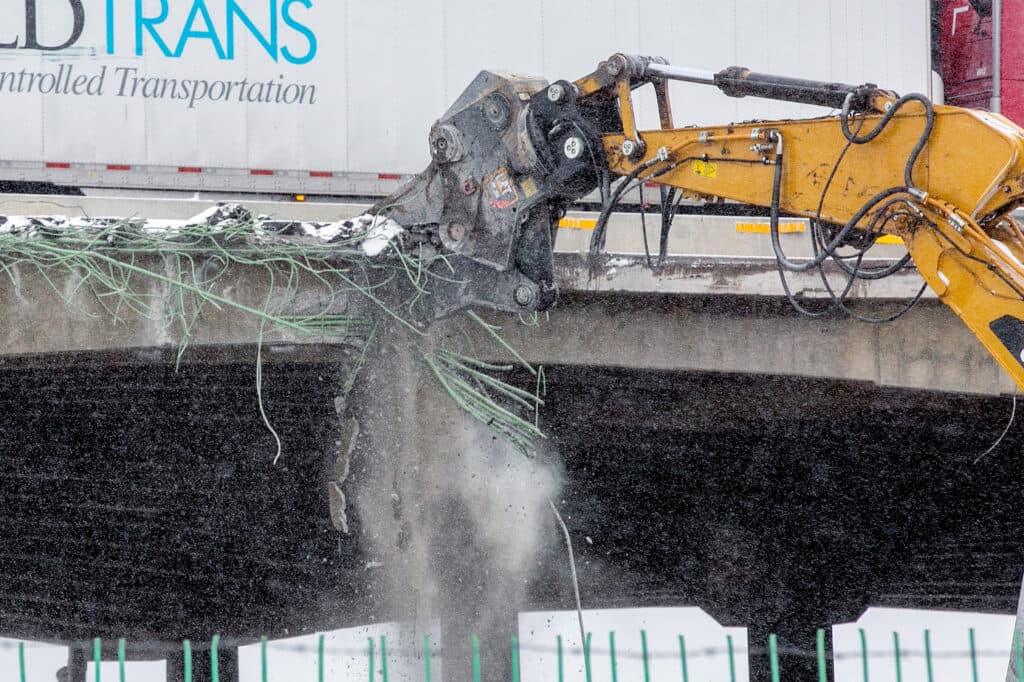It wasn't long after Yadira Sanchez moved to the Elyria-Swansea neighborhood 16 years ago that she developed asthma.
As a child, Sanchez was always active. She played sports and never had breathing problems. But a year after moving to the north Denver neighborhood she started to notice breathing was more difficult. She was eventually diagnosed with asthma along with her three-year-old son. When her other two children came along, they also developed the condition.
Sanchez doesn't know for sure what caused her asthma, but she thinks the conditions in her neighborhood have something to do with it. Elyria-Swansea and its neighbor Globeville have long been the epicenters of environmental concerns in Denver. There is lead in the soil and air from long-gone smelting operations, a major oil refinery nearby and a massive road expansion and realignment project on bordering I-70.
She is not alone in her concern. A 2014 study found that people in Elyria-Swansea and Globeville are more likely to have conditions like asthma and heart disease. New data shows they are also more likely to get COVID-19, though the reason for that remains uncertain.
Sanchez said COVID-19 has increased her anxiety about the health factors in her neighborhood.
"It seems like in every other house in the neighborhood there's somebody in there that has gotten COVID," she said. "The paranoia definitely strikes you at the door really hard."
There is mounting evidence that air pollution has impacts on COVID-19. A Harvard analysis looked at data from 3,000 counties across the country and found that even in areas with small increases in PM 2.5 -- fine particulate matter small enough to be inhaled and absorbed into the lungs -- people were more likely to die of COVID-19. That study is not yet peer reviewed. A newer study, released in October in the journal Cardiovascular Research, found that air pollution may be responsible for up to 15 percent of COVID-19 deaths globally because it may exacerbate the side effects of the disease.
"Everything I've seen points to higher air pollution being correlated with higher risk of COVID once you control for many other things," said James Crooks, a researcher with National Jewish Health in Denver. "The air pollution increases the susceptibility to all infectious diseases because of how it affects the interior of your lungs and how it affects your immune system."
The disproportionate levels of coronavirus in Elyria-Swansea and in other low-income areas of the state predominated by people of color has sparked alarm throughout the pandemic. Latinx residents make up nearly 30 percent of coronavirus cases in Colorado, but they only comprise about 21 percent of the population. The disparities have driven conversations about unequal access to healthcare and the dangers of exposure for essential workers, who are disproportionately people of color. But less discussed are the environmental factors that often layer on top of these other social issues.
"There is an accumulation of exposures to other air pollutants that have established underlying health conditions that make them more susceptible to things like COVID-19," said Lupita Montoya, an indoor air quality researcher with the University of Colorado who has done a number of studies in vulnerable communities. "[These communities] have already been exposed either to pollution from vehicle emissions, from pollution, from power plants or industrial sites near their home."
Air quality can be very point specific, and very few areas in Colorado provide COVID-19 data down to the neighborhood level. According to Crooks, it would take even more granular statewide data -- broken down into Census tracts or zip codes -- to get a clear picture of just how much air quality may be driving COVID-19 outcomes in Colorado as a whole.
For the few counties that do breakdown their data by neighborhood -- Arapahoe, Adams, Douglas and Denver -- there tend to be higher rates of COVID-19 in areas known for higher air pollution or asthma. This includes places like Commerce City and Elyria-Swansea.
But scientists like Montoya say it's more than just a lack of data standing in the way of a robust understanding of how poor air quality affects infectious disease. Health studies in vulnerable communities are often underfunded, and the scientists that want to do these types of studies -- many of them people of color -- are often ignored.
"It takes time to develop relationships with the communities, and a lot of the funding that goes into science really is not necessarily to support work that directly impacts people," she said. "Ultimately science should be about protecting and helping people and I think that there's going to be a reckoning over what's the purpose of science who gets to do science, whose science matters."
Activists also say these issues have been ignored and that environmental inequities have been allowed to persist even during the pandemic.
Ean Thomas Tafoya, an environmental justice advocate with the Colorado Latino Forum, noted that while much of the state experienced environmental benefits from less traffic at the start of the pandemic, Elyria-Swansea had to contend with pollution that was deemed "essential" under lockdown rules.
"The pollution and the transportation industry didn't stop in that community," he said.
Tafoya and other activist groups and elected officials wrote a letter to Gov. Jared Polis in April asking to halt construction on the I-70 project in Denver. The groups argued that dust from the project could exacerbate air quality conditions in the neighborhood and bring in workers from outside, potentially creating dangerous pandemic conditions. Polis declined.
"We've shut down an entire city, an entire world to really protect people from contaminating each other," said Candi CdeBaca, a City Council member representing Elyria-Swansea and other north Denver neighborhoods who also signed onto the letter. "But for these neighborhoods, we couldn't even shut down a highway project."














